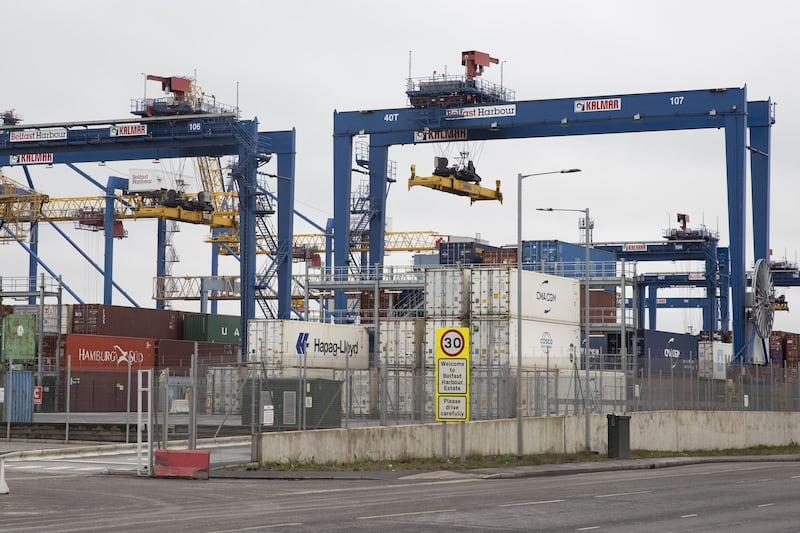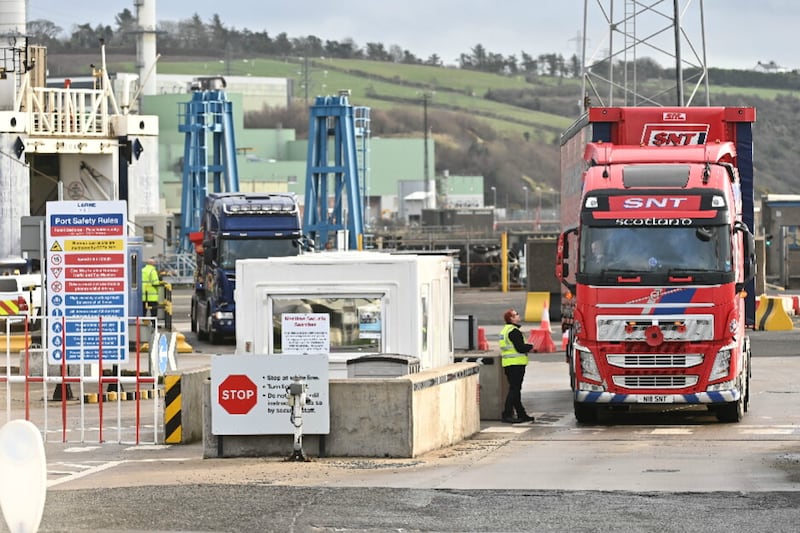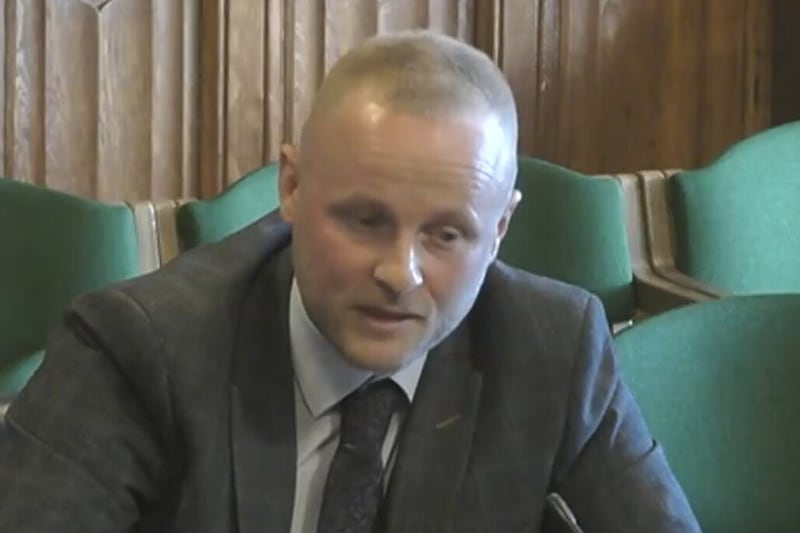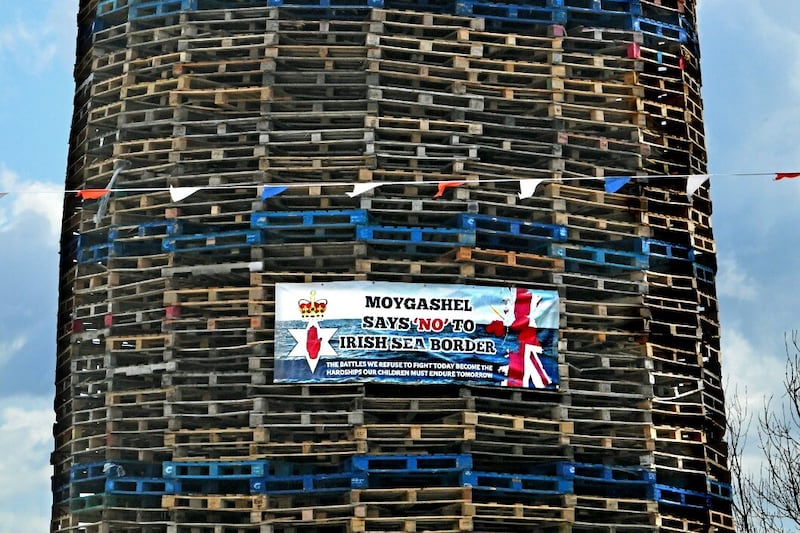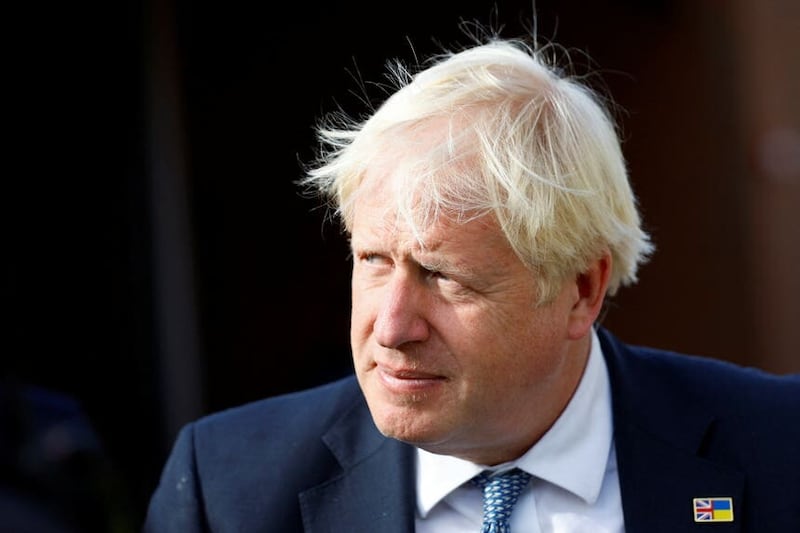A MAJORITY of voters in Britain feel little or no connection with their counterparts in Northern Ireland, according to a recent poll.
A survey carried out late last month on behalf of the New Statesman found 34 per cent of respondents felt no connection to the north's population, while 27 per cent felt only a little connected.
Just 10 per cent of those surveyed said they felt very connected, with 29 per cent having a moderate connection.
The Redfield & Wilton Strategies conducted research found that a minority of British voters follow events in Northern Ireland a great deal or quite a lot, with only 8 per cent saying they follow them a great deal.
Just 19 per cent said they followed events in the north quite a lot, with 42 per cent saying they did to some extent, and 30 per cent not at all.
The New Statesman's coverage of the poll said the results provided some context for the "lack of uproar among the British public at Boris Johnson's decision to put a trade border down the Irish Sea".
"The polling also reflects a potential complacency in the governing party over what the Irish Sea border means for the integrity of the union," the article said, adding that a survey of Conservative Party members published in 2019 found they were willing to sacrifice Northern Ireland’s position in the United Kingdom to achieve Brexit.
Last month, the British government tabled proposals in which it is seeking to renegotiate the Northern Ireland Protocol, ahead of the grace period on goods travelling east-west ending on September 30.
The New Statesman survey found 37 per cent of those polled think a united Ireland is unlikely over the next five years and just 19 per cent found it likely.
The polling largely reflects a lack of strong desire in Britain for Northern Ireland to remain part of the union, with more one third of respondents – 38 per cent – saying they neither support nor oppose Irish unification, compared with 30 per cent expressing support for unification and only 11 per cent opposing it.
The survey was conducted in Britain on July 29 with a sample size of 1,500 eligible voters.


